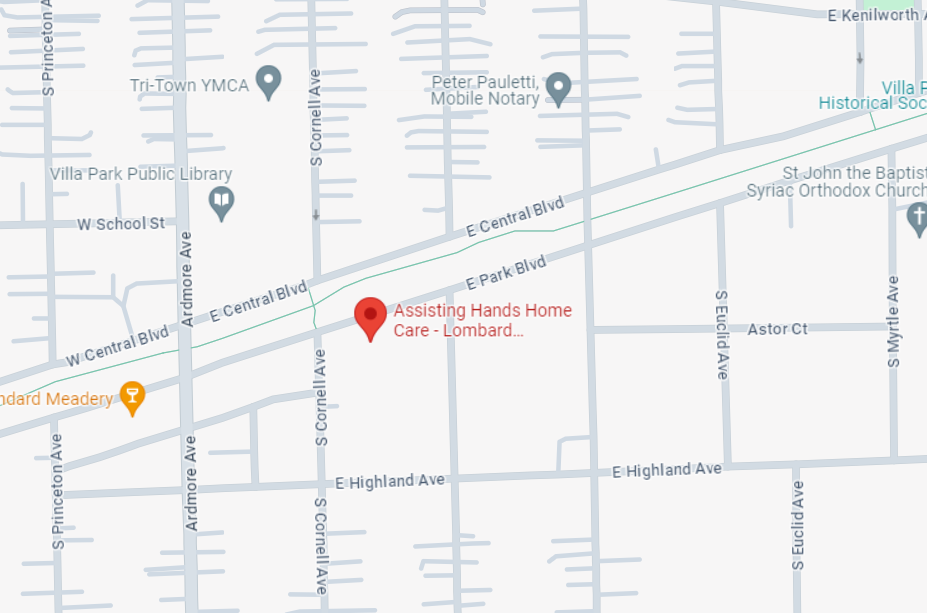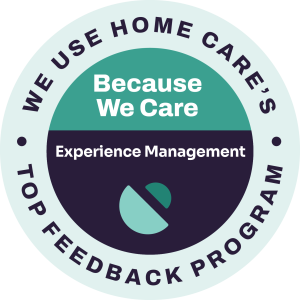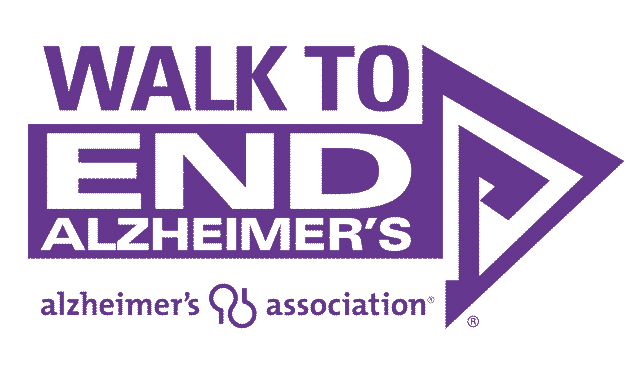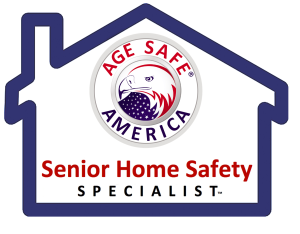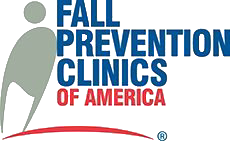
Alzheimer’s Care in Bensenville IL
Alzheimer’s disease brings a range of emotional and practical challenges that change over time—not just for the individual affected, but for the entire family. That’s why professional Alzheimer’s care can be a true lifeline. It provides not only compassionate support but also expertise to help families manage the journey with dignity, clarity, and personalized strategies that evolve as the disease progresses.
Understanding the Journey Through Alzheimer’s
Alzheimer’s is a progressive condition, meaning it unfolds in stages—each with its own set of difficulties. In the early stages, someone might just seem forgetful or confused from time to time. But as the disease advances, cognitive decline becomes more significant, and everyday activities often require hands-on support.
This unpredictability can leave family members feeling overwhelmed. Experienced caregivers trained in Alzheimer’s care understand how the disease typically progresses, and they know how to adapt their care style to match the moment. Their support helps families:
- Set realistic expectations for what’s ahead
- Approach new behaviors with empathy rather than frustration
Most importantly, they remind families that their loved one’s actions aren’t intentional. This awareness can be incredibly reassuring, reducing feelings of guilt and helping everyone respond with more patience and compassion.
Tailoring Care to Every Stage
One of the core benefits of Alzheimer’s care is that it’s built around the unique needs of each person. No two experiences with the disease are the same, so care plans must reflect that individuality. In the earlier stages, support may focus on fostering independence—think daily routines, memory-friendly activities, and small adjustments to the home that improve safety without being intrusive.
As the condition deepens, care becomes more hands-on and responsive to physical and emotional needs. Caregivers are trained to identify and gently manage behaviors like agitation or confusion, which often surface later in the disease.
They work closely with families to create environments and routines that reduce stress and promote comfort, such as:
- Simplifying surroundings and maintaining familiar decor to reduce disorientation
- Using communication techniques that resonate with the senior’s current cognitive abilities
These strategies aren’t just about safety—they’re about preserving dignity and joy wherever possible.
Supporting Families Emotionally
Watching a loved one change due to Alzheimer’s is one of the most difficult experiences a family can face. Alongside physical care, professionals offer something just as important: emotional support. They’re there to help family members process tough emotions like grief, frustration, and helplessness, all of which are common when someone you love begins to slip away.
Education also plays a major role. When families understand that behavior changes are caused by the disease—not personality—it becomes easier to stay connected and compassionate. Professional caregivers often act as guides, showing families how to interact meaningfully with their loved one, even when verbal communication is limited.
This might involve simple but powerful techniques like using touch, playing familiar music, or reminiscing over old photos—anything that sparks recognition and provides comfort.
Tackling Daily Challenges With Practical Solutions
Everyday life with Alzheimer’s can be filled with unexpected hurdles. Caregivers offer practical support that lightens the load, from managing medications and planning meals to helping with sleep routines and mobility issues. They also ensure that the home environment is safe—making recommendations like removing tripping hazards, improving lighting, or installing grab bars in key areas.
In addition, caregivers act as navigators through the often-complex healthcare system. They can accompany families to doctor’s appointments, help keep care plans updated, and make sure that communication between all healthcare providers remains consistent and clear.
Planning for Tomorrow, Not Just Today
One of the most meaningful aspects of Alzheimer’s care is the emphasis on looking ahead. Caregivers can help families have important conversations early—discussing legal matters, long-term care preferences, and end-of-life wishes while the senior is still able to participate in decision-making.
They also connect families with vital resources, such as:
- Respite care options for family caregivers who need a break
- Support groups that offer a sense of community and shared understanding
With the right support, families can face the future with greater confidence and a sense of control.
Final Thoughts
There’s no doubt that Alzheimer’s brings complexity and heartache—but families don’t have to navigate it alone. With the guidance of professionals trained in Alzheimer’s care at home, it’s possible to preserve connection, enhance comfort, and maintain quality of life at every stage. Through expert care, emotional reassurance, and future-focused planning, families can focus on what truly matters: sharing meaningful moments and honoring the journey, one step at a time.
Sources:
https://www.alz.org/alzheimers-dementia/10-steps
https://www.alz.org/alzheimers-dementia/stages
https://www.helpguide.org/aging/dementia/stages-of-alzheimers-disease
If You Or An Aging Loved One Are Considering Alzheimer’s Care in Bensenville, IL, Please Contact The Caring Staff At Assisting Hands Home Care – Lombard Today At (630) 313-6160.
Assisting Hands Home Care – Lombard Provides Exceptional Home Care For Seniors In Elmhurst, IL And The Surrounding Areas.



